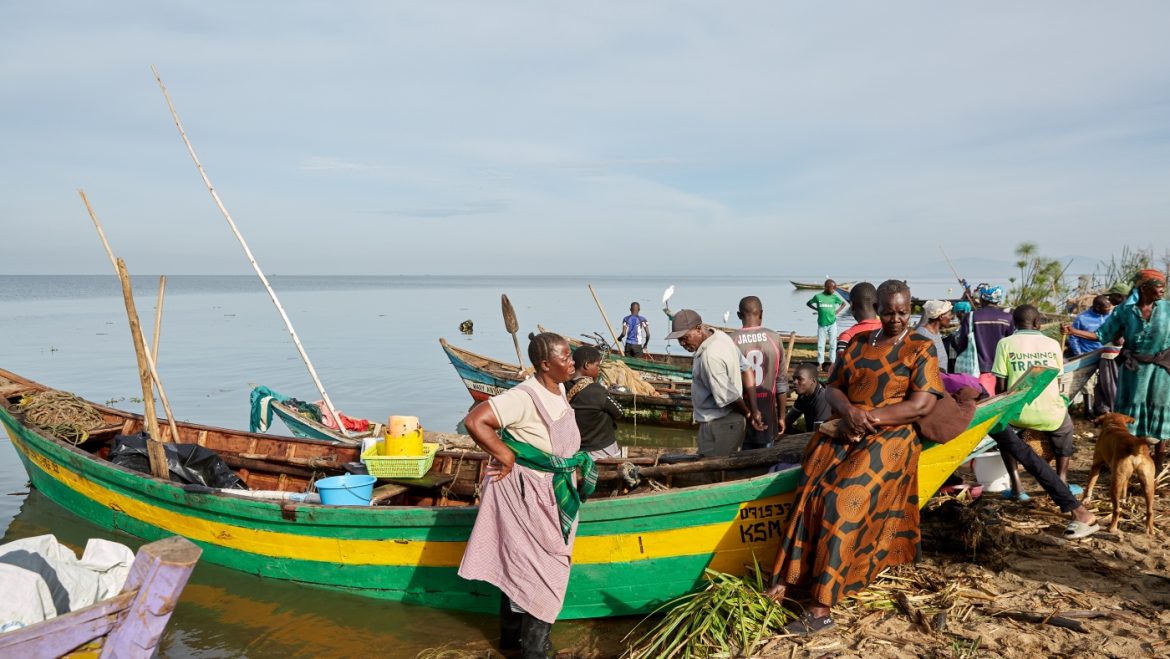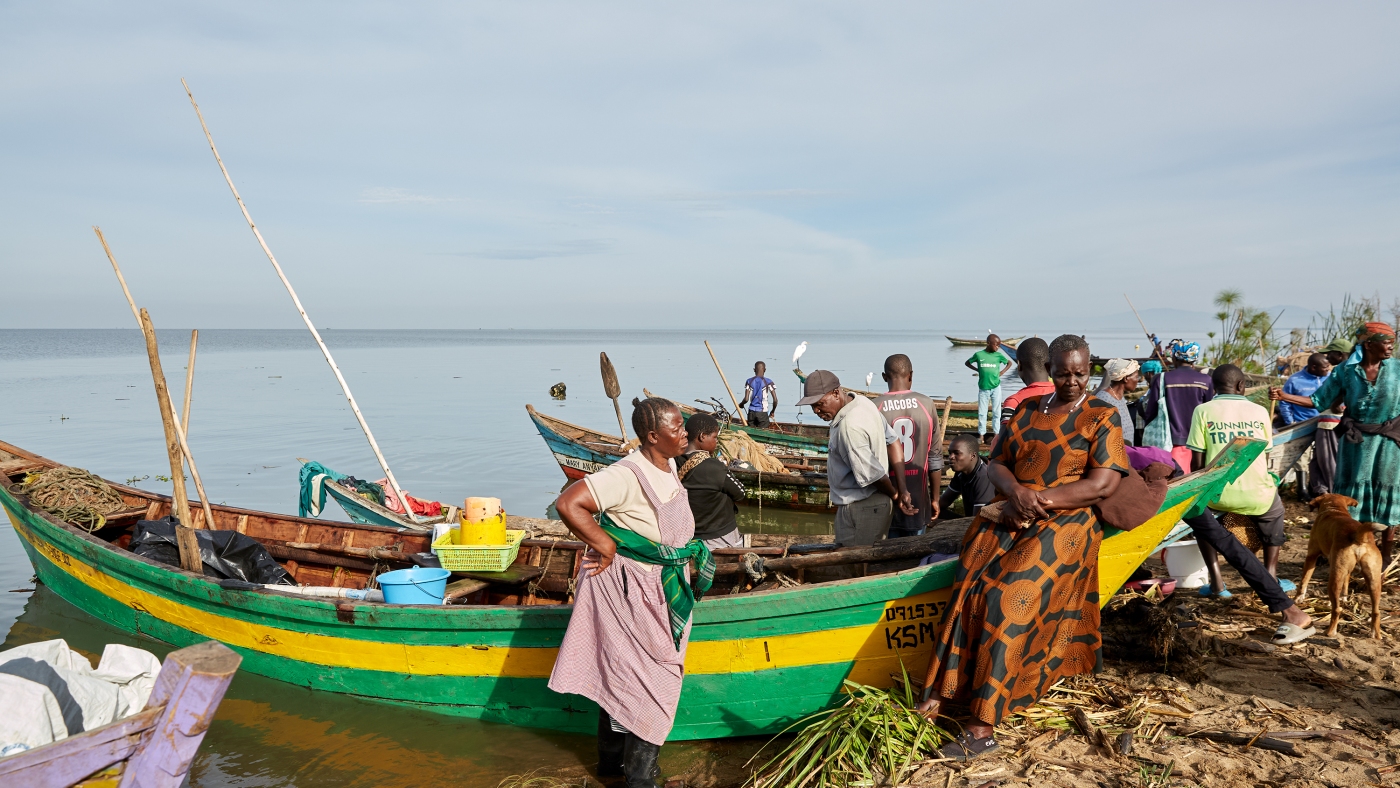Breaking the Cycle: The Story of the “No Sex For Fish” Women in Kenya
Along the shores of Lake Victoria in Kenya, a profound struggle has unfolded around the transactional practice known locally as “fish-for-sex.” Typically, women fishmongers have been coerced into trading sex with fishermen to secure fish supplies essential for their livelihoods. Against this backdrop, an extraordinary group of women in Nduru Beach collectively refused to accept this degrading norm, launching a bold initiative named “No Sex For Fish.” Their journey experiences both inspiring success and heartbreaking setbacks, reflecting broader gender and economic challenges in small-scale fisheries across Africa.
—
Challenging the Status Quo: Origins and Achievements
For years, the entrenched system forced women traders to maintain transactional sexual relationships to access fish, contributing not only to economic vulnerability but also to health risks, including HIV/AIDS proliferation in Kenya. Recognizing the urgent need to reclaim agency, the women of No Sex For Fish pioneered an innovative solution: rather than relying on fishermen’s catches and enduring exploitative practices, why not own their own fishing boats?
With support from international donors such as PEPFAR, the U.S. HIV program, World Connect, and the Darwin Initiative, these women collectively acquired approximately 30 boats at their peak. This ownership turned the conventional dynamic on its head — women became employers, hiring men to fish while managing, distributing, and selling the catch. The initiative empowered them economically and socially, enabling many to operate beyond the limits of exploitative transactional sex and build a sustainable livelihood.
—
Triumphs and Impact: Economic and Social Empowerment
Owning the means of production revolutionized the role of women in the fishing economy. By controlling the supply chain, the women not only secured fish without having to trade their bodies but also improved their standing within their communities. Their economic independence translated into greater self-respect and motivation for other women to challenge unfair gendered practices.
Beyond income, the project demonstrated vital links between economic empowerment and public health. By disrupting the fish-for-sex system, the women reduced their risk exposure to HIV/AIDS, a critical public health concern in the region. The project also served as a model of how integrated interventions focusing on gender equity, health, and economics can bring transformative change even in deeply patriarchal settings.
—
The Floods of 2020: A Crisis and Its Aftermath
Despite these remarkable gains, the No Sex For Fish collective confronted a devastating blow in 2020 when severe floods struck the Lake Victoria region. The disasters ravaged the community’s assets, destroying several boats and essential infrastructure critical to their enterprise. Without the boats, the women lost their key means of sustaining independence and income, pushing many back into precarious economic circumstances.
Post-flood, many women had to find alternative survival strategies: selling vegetables they cultivated, cleaning fish on the beaches, relying on livestock for milk or income, or resorting again to vulnerable survival tactics. In many instances, the reversal highlighted how fragile gains in women’s empowerment can be when confronted with environmental and economic shocks in under-resourced contexts.
—
COVID-19 and Ongoing Challenges: Persisting Vulnerabilities
Further compounding their struggles, the COVID-19 pandemic brought additional lockdowns and restricted access to Lake Victoria, affecting fishers’ ability to work and traders’ ability to procure and sell fish. The pandemic-induced economic downturn disproportionately hit fisherwomen, limiting their access not only to markets but also to clean water and sanitation, critical elements that intertwine with health and gender-based vulnerabilities.
The continuation of transactional sex practices in other fishing communities underscores the urgent need for structural interventions addressing gender inequality, poverty, and health risks that women continue to face.
—
Lessons Learned and Future Directions
The No Sex For Fish story offers profound insights into gender dynamics and empowerment in fisheries:
– Ownership and control are crucial: Women’s ownership of boats and assets diminished their dependence on transactional relationships, empowering them economically and socially.
– Integrated support is key: Combining grants, training, health programs, and social advocacy fortified the women’s capacity to shift harmful cultural practices.
– Resilience needs strengthening: Environmental shocks like floods and health crises like COVID-19 expose how fragile progress remains without broader systemic support, such as disaster preparedness, economic diversification, and social safety nets.
– Community-wide change is necessary: While No Sex For Fish disrupted the practice locally, ending transactional sex for fish across the region requires changing norms among men, fishermen’s behavior, and broader legal-economic reforms.
—
Conclusion: A Testament to Strength and Hope
The tale of No Sex For Fish goes beyond a local women’s group fighting a transactional sex norm—it is a vivid testament to the power of grassroots innovation and resilience in the face of entrenched gender inequities and environmental adversity. Though the collective has faced severe setbacks, their initial success remains a beacon illustrating that economic empowerment anchored in ownership can be a transformative tool against exploitation.
Revitalizing and sustaining their gains will depend on continued support from donors, government policies favoring gender equity, climate adaptation measures, and expanded community education. Ultimately, the No Sex For Fish women’s courage and vision hold valuable lessons for all who seek to dismantle systems of exploitation and build equitable, resilient livelihoods for marginalized women worldwide.


